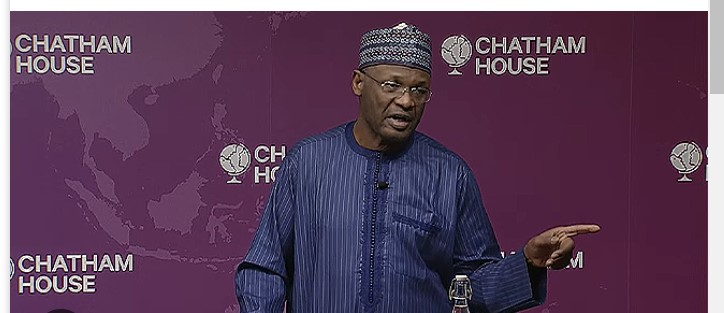
By Chinelo Obogo and Godwin Tsa, Abuja
The Independent National Electoral Commission (INEC) has foreclosed the possibility of insecurity in parts of the country forcing it into cancelling or postponing the February 25 and March 11 elections.
Its chairman, Prof. Mahmood Yakubu stated this, yesterday, at a lecture at Chatham House in London assuring that the commission was fully prepared to also handle a run-off if it happens during the polls.
Speaking on the topic ‘Nigeria’s 2023 Elections: Preparations and Priorities for Electoral Integrity and Inclusion’ the INEC boss declared that the 2023 elections is for young people.
He said 21, 000 ineligible voters were found in 15 states even as he announced that the commission was considering the use of ‘body odour’ as one of its biometric identifiers for voters in future elections.
Yakubu who decried the spate of attacks on its facilities in form of arson said 50 facilities of the commission had been attacked in four years. He, however, vowed that the 2023 general election would hold in spite of the attacks explaining that the commission would need to continue to rebuild the burnt facilities and replace materials.
“We are going ahead to conduct the election as scheduled. There are no plans to postpone. Even though there are tremendous challenges and expectations of INEC, the Commission is a beneficiary of enormous goodwill in Nigeria and beyond. We can surmount the challenges and ensure elections continue to get better,” he said.
Yakubu said the turn out for new registration was very high and that at the moment, Nigerian voters were 16.7million more than the rest of West Africa.
He revealed that over 600, 000 PVCs were collected in Lagos in the last month, but lamented that the state had the largest number of uncollected cards. He also stated that most of the collected PVC’s were from newly registered votes, while uncollected PVC’s dates to 2015.
He said the majority of those who have collected their PVCs were between the ages of 18 and 49.
“The 2023 election is for young people; 70.4 million of the 93.4 million registered voters are between 18 and 49 years. The enthusiasm of young people and the deployment of online registration are behind the surge in the number of newly-registered voters,” he said.
On the voter register, he said about 21,000 ineligible names were found in the register across 15 states, but that the Commission would clean up the voter register and also make available the number of those who have collected PVCs in every polling unit across the country.
Speaking on voters who have been displaced as a result of insecurity in the North East and North West, he said the Commission would conduct polls in Internally Displaced Persons (IDP) camps to ensure that no one in disenfranchised.
He also said the commission would conduct mock elections in some select states to test the use of the technology to be deployed.
ON the use of body odour to verify voters, he said he cautioned the in-house engineers to “make haste slowly” and allow the commission to get accustomed to the ABIS, which makes use of the fingers and facials for verification, before adding a new layer of voters’ verification.
He said he was not against diaspora voting and that INEC has completed the policy for diaspora voting pending legal provisions.
The INEC chairman also said polling units results uploaded on INEC’s IReV portal were 99.9 per cent accurate,
He said,“Voting by those in the diaspora should be a settled issue. I support it, but INEC doesn’t have the power to make it happen. They are our citizens and they must enjoy rights”.
Meanwhile, INEC has maintained that Permanent Voters Cards remain a critical document in the forthcoming general elections and that registered voters yet to collect theirs before the deadline would not be allowed to vote.
The commission stated this when it appeared before the Abuja division of the Federal High Court arguing that PVC is critical to the accreditation process for the general elections.
The electoral body through its counsel, Abdulaziz Sani (SAN) urged the court to throw out a suit marked FHC/ABJ/CS/2348/2023, seeking to compel it to allow voters with temporary voters card or proof of registration to cast their votes on election day.
A suit filed by a non-governmental organization under the aegis of the Incorporated Trustees of the International Society for Civil Liberties & the Rule of Law, alongside two other plaintiffs- Emmanuel Chukwuka and Bruno Okeahialam, had accused the electoral body of an alleged plot to disenfranchise over 20 million eligible voters in the country.
But in its counter affidavit, the INEC challenged the competence of the suit, insisting that the legal action was premature, frivolous and speculative. Unlike previous elections where such opportunity was available to prospective voters, the commission insisted that only those with PVCs that were duly authenticated with the Bimodal Voter Accreditation System (BVAS), would be allowed to cast their ballot.
The electoral body told the court that it has already extended the time within which PVCs could be collected.
While accusing the plaintiffs of failing to supply the court with particulars of the 29million persons they claimed may be disenfranchised, INEC, said the reason it extended the period for PVC collection was that so many fresh ones, especially in areas that were attacked, have been reproduced and ready for collection.
You may be interested
Arsenal To Offer Kiwior In Swap Deal For Super Eagles Star
Webby - December 28, 2024Arsenal are reportedly considering a January move for AC Milan Nigerian international Samuel Chukwueze as Mikel Arteta eyes cover for…

No Club Is Superior To Us –Inter Milan Striker, Thuram
Webby - December 28, 2024Marcus Thuram has said there’s no team superior to Inter Milan as the Serie A giants strike fear into oppositions.The…
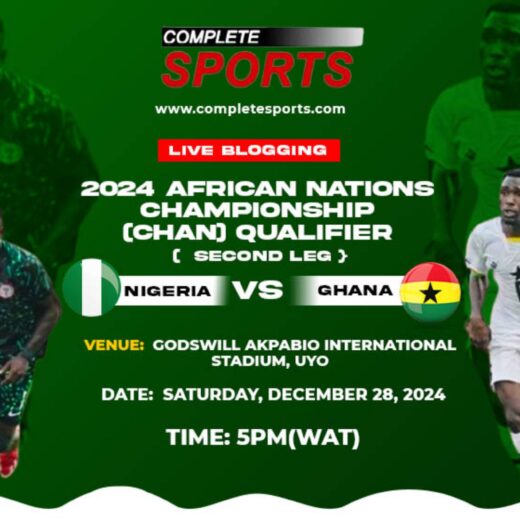
Nigeria Vs Ghana Live Blogging – CHAN 2024 Qualifier, Second Leg
Webby - December 28, 2024Completesports.com’s live blogging of the CHAN 2024 Qualifying match between the Super Eagles B of Nigeria and the Black Galaxies…




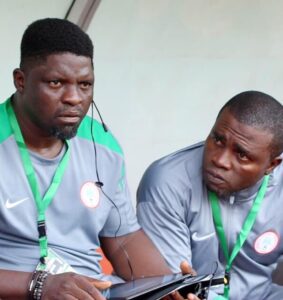

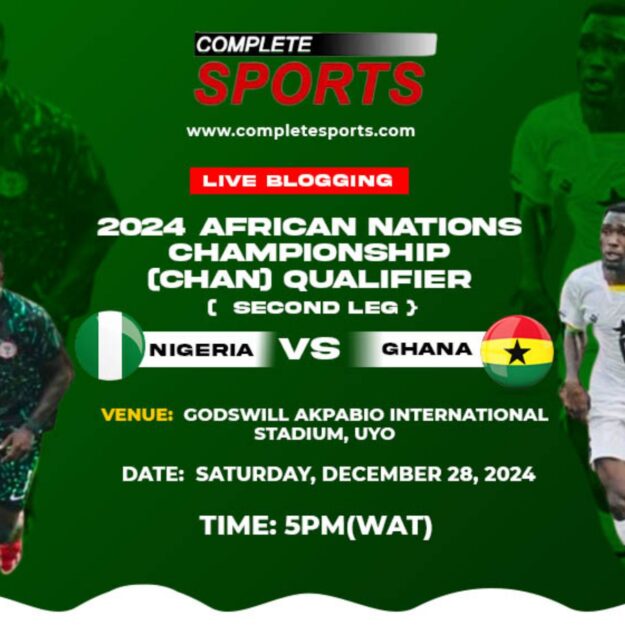
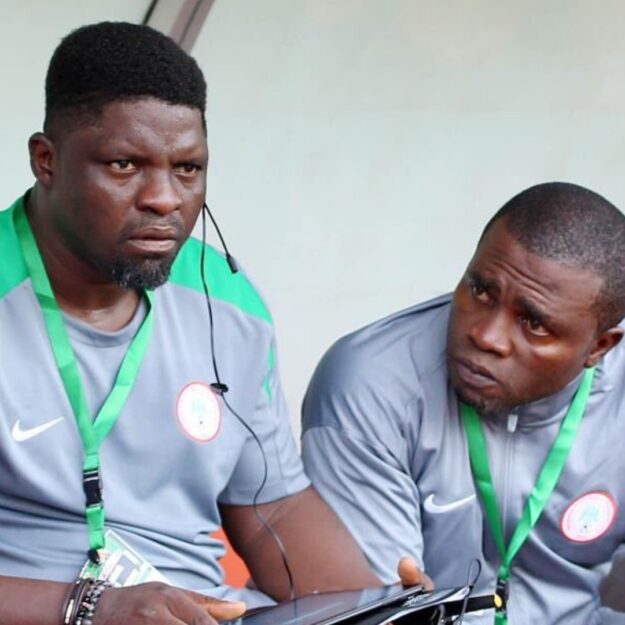




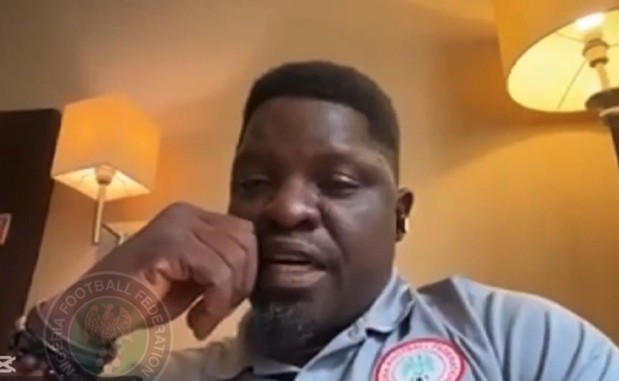


![American Pastor, David Wilson Seen Eating The Box Of Woman Who Isn’t His Wife [Video]](https://onlinenigeria.com/wp-content/uploads/2019/10/american-pastor-david-wilson-seen-eating-the-box-of-woman-who-isnt-his-wife-video-150x150.jpg)







